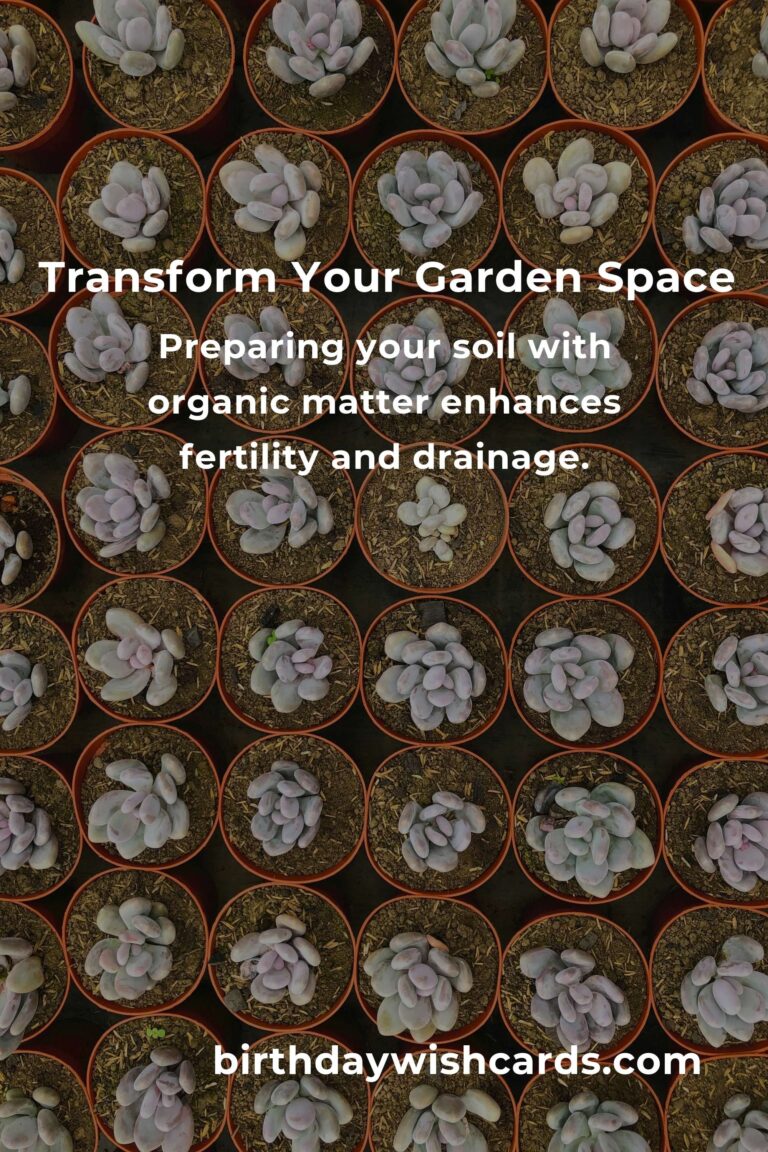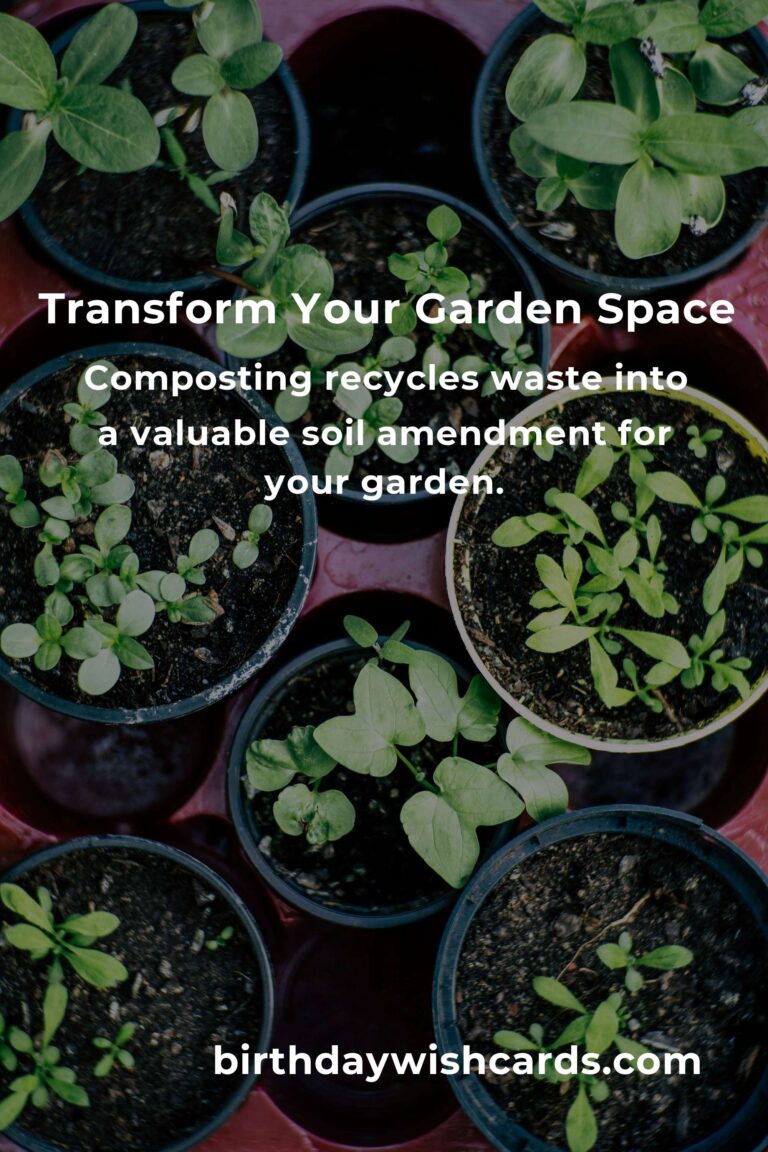
Gardening can be both a rewarding and therapeutic activity. Whether you’re an experienced gardener or a beginner, there are always new techniques and tips to learn that can enhance the beauty and productivity of your garden. In this article, we will explore simple yet effective gardening tips that can help you transform your green space into a vibrant oasis.
Choose the Right Plants for Your Climate
One of the first steps in successful gardening is selecting the right plants for your climate. Understanding the hardiness zone of your area can guide you in choosing plants that are more likely to thrive. Native plants are often a good choice as they are adapted to the local environment.
Prepare Your Soil
Healthy soil is the foundation of a thriving garden. Start by testing your soil to determine its pH level and nutrient content. Based on the results, you may need to amend your soil with organic matter, such as compost or well-rotted manure, to improve its fertility and drainage.
Water Wisely
Watering is crucial for plant health, but overwatering can be as detrimental as underwatering. Water your plants early in the morning or late in the afternoon to reduce evaporation. Use a soaker hose or drip irrigation system to deliver water directly to the roots, conserving water and reducing disease risk.
Mulching for Moisture and Weed Control
Mulching is a simple technique that offers multiple benefits. It helps retain soil moisture, suppresses weeds, and adds organic matter to the soil as it breaks down. Organic mulches, such as shredded bark or straw, are excellent choices and can also improve the appearance of your garden.
Pruning and Deadheading
Regular pruning and deadheading are essential for plant health and aesthetics. Pruning helps control plant size, shape, and remove dead or diseased branches. Deadheading, or removing spent flowers, encourages plants to produce more blooms and extend their flowering period.
Attract Beneficial Insects
Not all insects are pests. Many are beneficial and play a crucial role in pollination and pest control. Planting a variety of flowers, herbs, and shrubs can attract these helpful insects. Avoid using pesticides, as they can harm beneficial insect populations.
Compost for a Sustainable Garden
Composting is a sustainable practice that recycles kitchen and garden waste into nutrient-rich soil amendment. A compost bin or pile can be set up easily and will reduce waste while providing your plants with valuable nutrients.
Embrace the Seasons
Gardening is a year-round activity. Embrace the changes each season brings by planting seasonal flowers and vegetables. This not only keeps your garden looking fresh but also provides a continual harvest of produce.
By implementing these simple gardening tips, you can create a lush, thriving garden that brings joy and beauty to your life. Remember, patience and observation are key in gardening. Take the time to understand your plants’ needs, and your efforts will be rewarded with a flourishing garden.
Choose plants that are well-suited to your local climate for a thriving garden. Preparing your soil with organic matter enhances fertility and drainage. Watering plants wisely can prevent both overwatering and underwatering issues. Mulching helps retain soil moisture and control weeds. Pruning and deadheading are essential for maintaining plant health and aesthetics. Attract beneficial insects by planting a variety of flowers and herbs. Composting recycles waste into a valuable soil amendment for your garden. Embrace seasonal changes by planting seasonal flowers and vegetables.
#Gardening #GreenSpace #PlantCare #GardenTips #SustainableGardening

